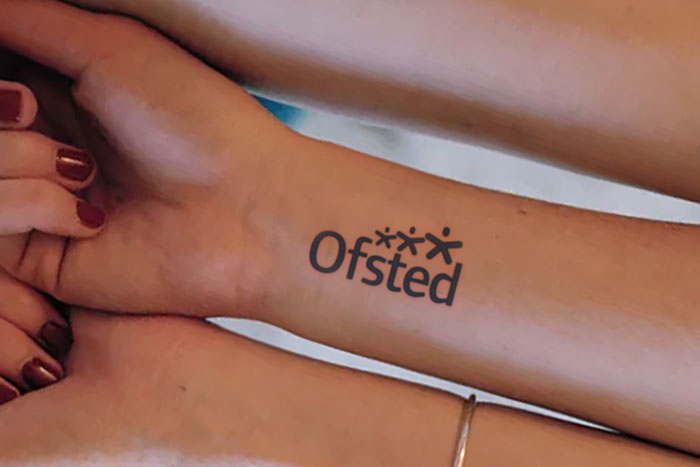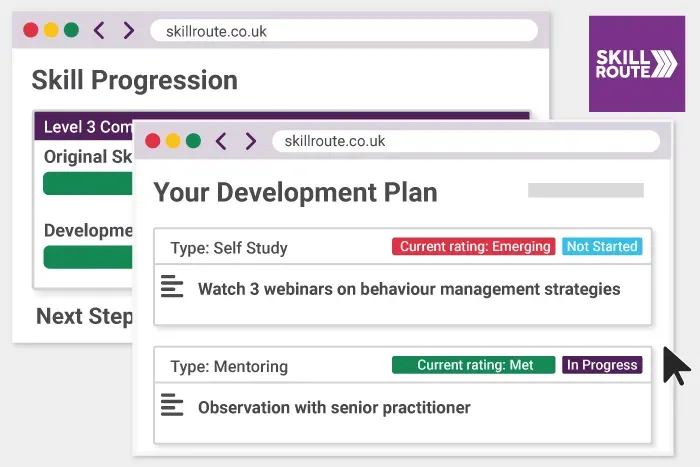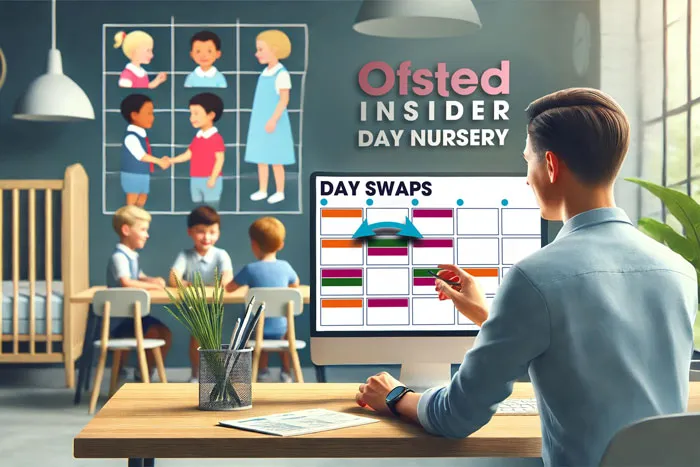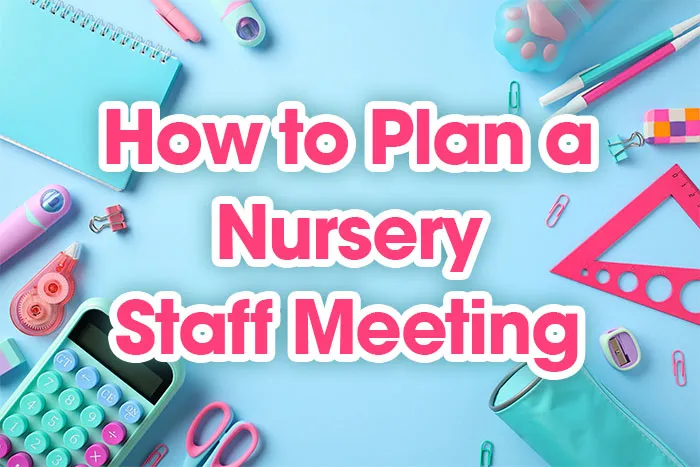Inked Insights: Tattoos in Early Years

In the early years sector, one of the guiding principles of education is to help children understand and make sense of the world around them. This is a foundational aspect of the Early Years Foundation Stage (EYFS), particularly under the domain of 'Understanding the World'. To achieve this, the exposure of children to a wide range of experiences, people, and cultural markers is encouraged. This brings us to a nuanced aspect of early years management - the consideration of staff tattoos and the implications for policy and practice.
Understanding the World and Staff Tattoos
Tattoos are a common sight in our diverse world, and they can represent various elements of cultural, social, and personal significance. They can serve as conversation starters, offering opportunities for children to explore and comprehend the concept of individual expression, diversity, and acceptance.
When looked at from this perspective, staff tattoos can be a valuable learning tool, helping to foster children's understanding of our culturally and socially diverse world. This may indicate that requiring staff to always cover tattoos may limit these potential learning opportunities.
Legal and Social Considerations
While this may seem like a compelling argument for allowing staff tattoos to be visible, it's important to note other considerations. Legally, under the Equality Act 2010, organisations have the right to ask staff to cover up tattoos, unless they are of religious significance. Additionally, any employee who has worked for an organisation for more than two years is protected against unfair dismissal, and the visibility of a tattoo is unlikely to constitute a fair reason for dismissal.
Societal attitudes towards tattoos are changing, yet some negative perceptions persist, particularly concerning tattoos that may be seen as offensive or inappropriate. Nursery managers and owners need to take these factors into account when formulating or adjusting their policies.
Navigating a Path Forward
In light of the EYFS guidelines and the various considerations around this issue, nursery managers and owners might consider revising their tattoo policies. They could move towards a more flexible approach, allowing staff to display tattoos that are not offensive or inappropriate. This approach could help nurseries better reflect the diverse world children are learning to understand.
In defining what constitutes offensive or inappropriate tattoos, nursery managers and owners could involve staff in these discussions to ensure fairness and understanding. Furthermore, they could offer guidance to staff on how to use their tattoos as educational tools when appropriate.
Conclusion
In the dynamic landscape of early years education, balancing the recognition of individuality and diversity with societal norms and legal requirements can be challenging. When it comes to tattoo policies, a nuanced approach that takes into account the diverse world we're preparing children to understand, alongside the other relevant considerations, may prove to be a fruitful path forward. As always, it's essential to engage in open, respectful dialogues about these topics to ensure policies reflect the values of the nursery and the community it serves.
Other Articles

Can My Level 2 Staff Be Left Alone with Children? (2025 Ratio Rules Explained)
May 21, 2025

Understanding Ofsted's New Experience-Based Route for Early Years Staff
February 5, 2025

Are Day Swaps a Good Idea for Your Nursery? A Guide for Owners and Managers
December 11, 2024

Ofsted’s Grading Changes: Impact on Nurseries
September 3, 2024

Nursery Staff Meeting Activities: Scenario Analysis and Role-Play
June 18, 2024

How to Write a Staff Meeting Agenda for Nursery Settings
June 18, 2024

How to Plan a Nursery Staff Meeting
June 18, 2024

Boosting Parent Partnership: 10 Strategies for Nursery Success
May 10, 2024

EYFS 2024: What's Changing? Find out and take the quiz!
November 25, 2023

White Noise for Sleeping Babies: Pros, Cons, and Tips
October 24, 2023
 © Copyright 2021 - 2025. All rights reserved.
© Copyright 2021 - 2025. All rights reserved.